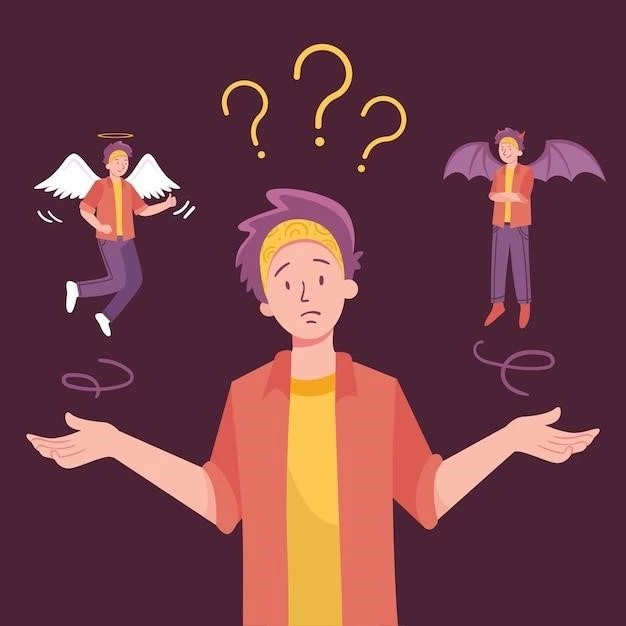Conspiracy theories are everywhere. From the “moon landing was faked” to the “earth is flat” theory‚ people seem to be drawn to these ideas. But what are the dangers of conspiracy thinking? And why is it so prevalent?

I used to be a conspiracy theorist myself. I was drawn to the idea that there was something bigger going on‚ something that the government or other powerful institutions were hiding from us. I would spend hours online‚ reading about different conspiracy theories‚ and I felt like I was finally understanding the “truth.”
But as I learned more‚ I realized that conspiracy thinking can be dangerous. For one thing‚ it can lead to distrust of authority figures. When you believe that the government is lying to you‚ it becomes harder to trust anything they say. This can make it difficult to get accurate information and can even lead to dangerous situations. For example‚ people who believe in the “anti-vaccine” conspiracy theory are more likely to refuse to vaccinate their children‚ which can lead to outbreaks of preventable diseases.
Another danger of conspiracy thinking is that it can lead to isolation. When you believe that everyone else is “in on it‚” it can be hard to connect with others. This can make you feel lonely and isolated‚ which can lead to mental health problems.
Finally‚ conspiracy thinking can be a gateway to other harmful beliefs. For example‚ people who believe in conspiracy theories are more likely to believe in other fringe beliefs‚ such as racism‚ sexism‚ and homophobia. This is because conspiracy thinking often involves a distrust of established knowledge and institutions‚ which can lead to a rejection of evidence-based thinking.
So‚ what can we do about the dangers of conspiracy thinking? I believe that the best way to combat conspiracy thinking is to promote critical thinking skills. This means teaching people how to evaluate information‚ identify biases‚ and think critically about what they are reading and hearing. It also means encouraging people to be skeptical of information that seems too good to be true or that comes from unreliable sources.

How to Protect Yourself from Conspiracy Theories
Here are a few tips for protecting yourself from the dangers of conspiracy thinking:
- Be skeptical of everything you read and hear. Just because something is on the internet or is being shared by someone you know doesn’t mean it’s true.
- Check your sources. Make sure the information you are getting is coming from reputable sources. Look for information that is backed up by evidence and that comes from credible institutions.
- Be aware of your own biases. We all have biases‚ and it’s important to be aware of them so that we can try to be objective in our thinking.
- Don’t let your emotions control your thinking. Conspiracy theories often appeal to our emotions‚ and it’s important to be aware of this so that we can make rational decisions.
- Talk to people you trust. If you’re feeling overwhelmed by conspiracy thinking‚ talk to someone you trust about your concerns. They can help you to see things from a different perspective and can offer support.
Conspiracy thinking is a dangerous trend that can have serious consequences. But by promoting critical thinking skills and being aware of the dangers‚ we can help to protect ourselves and others from the harm it can cause.










